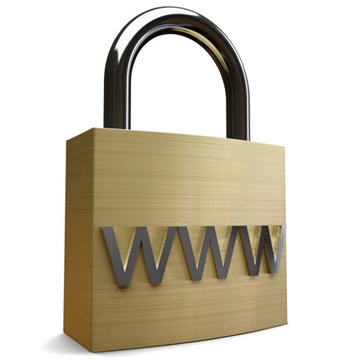How could my site get hacked?
Tech and Trends:- Hacking is one of the nastiest phenomenons lurking around in the online world. You need to be proactive and set up security measures to protect your data, accounts and reputation in the virtual community because website hackers do not always attack you to steal your data. It is common for hackers to exploit loopholes in your website code and setup a temporary web server, generally to serve files of an illegal nature or gain access to your mailing lists to initiate spam cycles.
What can I do?
There are a number of online security practices you can employ to spare you the nuisance of security breaches and recovering data.
- SSL Certificate
This reduces the risk of a phishing attack by strengthening the encryption code and protecting your site’s data as it flows between the website and web server or database.
- Secure Passwords
We’ve been hearing this forever but despite that some people choose to ignore the risks. Integrate simple practices like minimum 8 character password with at least one digit/special character/uppercase letter. Passwords should be changed regularly and not shared with everyone.
- Firewall Security
This adds an extra layer of protection to your network and makes it more sensitive to detecting suspicious activities. It prevents SQL injections, Trojan and other virus attacks and monitors server traffic against specified standards to only allow security cleared communication.
- Stay Updated
Ensure all your server and OS software is updated. If you have any outside software like a CMS installed on your site then make sure you have the latest version running.
- Monitor Your Site Data
Minimize, if not eliminate, the sensitivity of data traffic that you site experiences. This specially applies for all E-commerce websites. Do not store massive amounts of confidential data of your customers like credit card numbers and contact details. Either set up a remote location where a data base is set up otherwise delete all past records.
- Validate Form Entries
Server side validation is essential for all entries and can raise a warning flag for any suspicious activity. From both the browser and server side, it can be highlighted whether a character-specific field is filled accordingly, for instance. This helps circumvent any malicious code or scripting code being fed into the database and causing trouble.
- Restrict File Uploads
If users have the option of uploading files on the site it creates an enormous risk as despite all measures, virus-ridden and malicious scripted files can manage to sneak in. You can check the file path, run virus traces, and damage can still be done. Try eliminating this option, otherwise rename the file or change the file permissions as a safety net.
Test Your Site
Once you think you have spread out your security net, go the extra mile of testing it by using website security tools. You can find many free and price-based wordpress security products available that can imitate hacker-like codes to compromise your site and present you the most concerning issues for the site. It is important to keep pace with the latest developments and ensure the security of your online enterprise.


